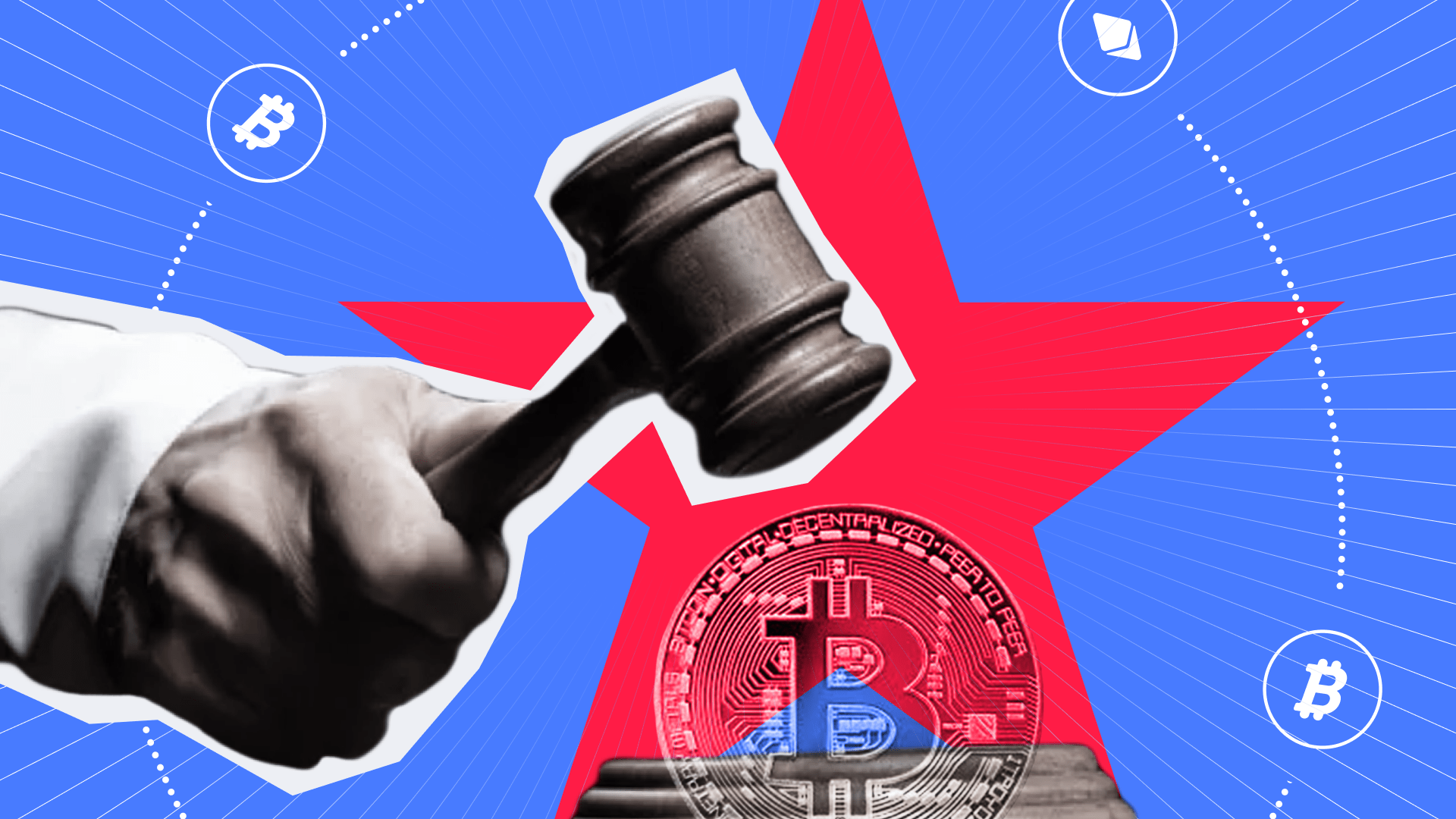A deep dive into the biggest case of decentralised internet so far.

The Promise and Peril of Decentralisation
The decentralised internet has emerged as a revolutionary concept, promising to break down borders, bypass oppressive regulations, and empower users with privacy and freedom. However, the stories of Pavel Durov, the creator of Telegram, and Ross Ulbricht, the founder of Silk Road, reveal a darker side to this vision. These cases highlight how platforms created with noble intentions can sometimes enable harmful activities, raising critical questions about the accountability of their creators.
Pavel Durov and Telegram: Privacy or a Shield for Criminals?
Telegram, founded by Pavel Durov, has become a global symbol of secure communication and user privacy. Designed with end-to-end encryption and a decentralised ethos, Telegram prioritises user freedom. Yet, its robust privacy features have also made it a haven for illegal activities. Cybercriminals and bad actors have leveraged Telegram’s anonymity to operate under the radar of international actors and moderation.
Durov has consistently defended privacy as a fundamental right, arguing that Telegram is a neutral tool. However, critics point out that the lack of moderation facilitates harm. This tension underscores a key challenge of decentralisation: how to uphold freedom without enabling misuse.
Ross Ulbricht and Silk Road: A Libertarian Vision Gone Awry
Silk Road, the infamous online marketplace founded by Ross Ulbricht, aimed to create a libertarian utopia where commerce could thrive free from government interference. Using Bitcoin and cryptocurrency as its main payment method, Silk Road became a pioneer in decentralised markets. However, this vision was quickly overshadowed by its exploitation for sales and trades of illegal means and other illicit activities.
Ulbricht’s arrest and subsequent life sentence raised profound questions about accountability. Was he merely the architect of a platform, or was he culpable for the actions of its users? While some argue his punishment was excessive, others see it as a necessary precedent to deter similar ventures.
In a significant development, President Donald Trump announced on January 21, 2025, a full and unconditional pardon for Ross Ulbricht, the founder of Silk Road.
This decision aligns with President Trump’s liberal stance towards market decentralisation and the cryptocurrency sector. During his campaign, Trump advocated for the United States to become a leading nation in Bitcoin adoption and accepted cryptocurrency donations, signalling a shift in regulatory priorities.
The pardon has been welcomed by libertarian activists, including the ex-founder of Binance CZ, who view Ulbricht as a political prisoner and criticize the government’s approach as overreach.
Balancing Freedom and Responsibility
The stories of Telegram and Silk Road highlight a crucial debate: where does the responsibility lie in a decentralised internet? Advocates like Durov argue that tools themselves are neutral, placing accountability on users. However, critics suggest that platform creators have an ethical duty to implement safeguards against misuse. At the same time, “the ethics of one differs from the ethics of another”. This debate reflects the broader struggle between preserving freedom and ensuring safety in the digital age.
In Ulbricht’s case, the legal system took a firm stance, holding him accountable for facilitating illegal activities. This raises another question: how much control creators can or should exert over decentralised platforms? Striking a balance remains a challenge, as tighter controls may erode the very principles upon which these platforms were built.
The Double-Edged Sword of Decentralisation
The decentralised internet holds immense potential to empower individuals and disrupt oppressive systems. However, without clear accountability frameworks, it risks becoming a double-edged sword—enabling both positive and negative forces. As technology continues to evolve, society must engage in nuanced discussions to address these challenges.
The cases of Telegram and Silk Road serve as cautionary tales, reminding us that innovation brings risks. Only through thoughtful consideration and balanced solutions can the decentralised internet truly deliver the promise of being “fair”.